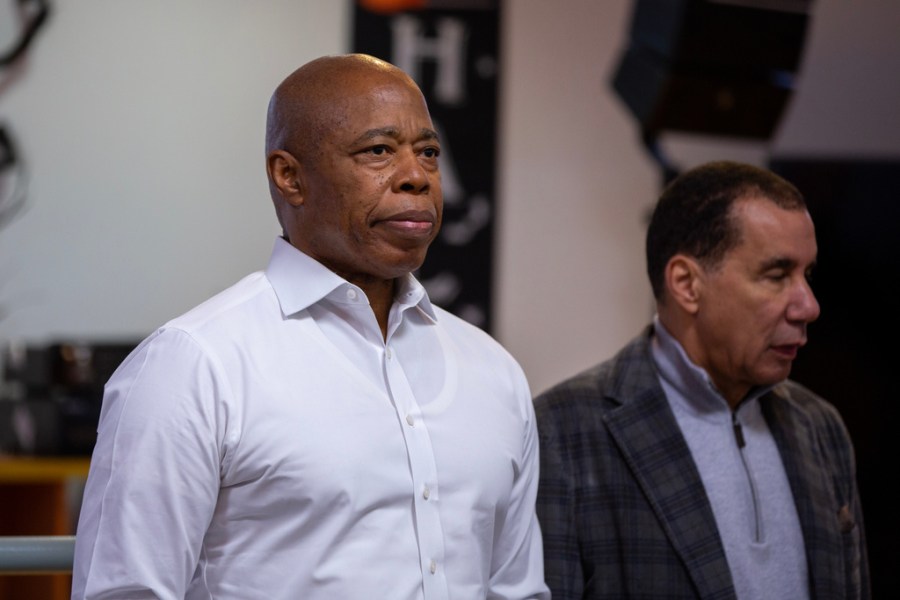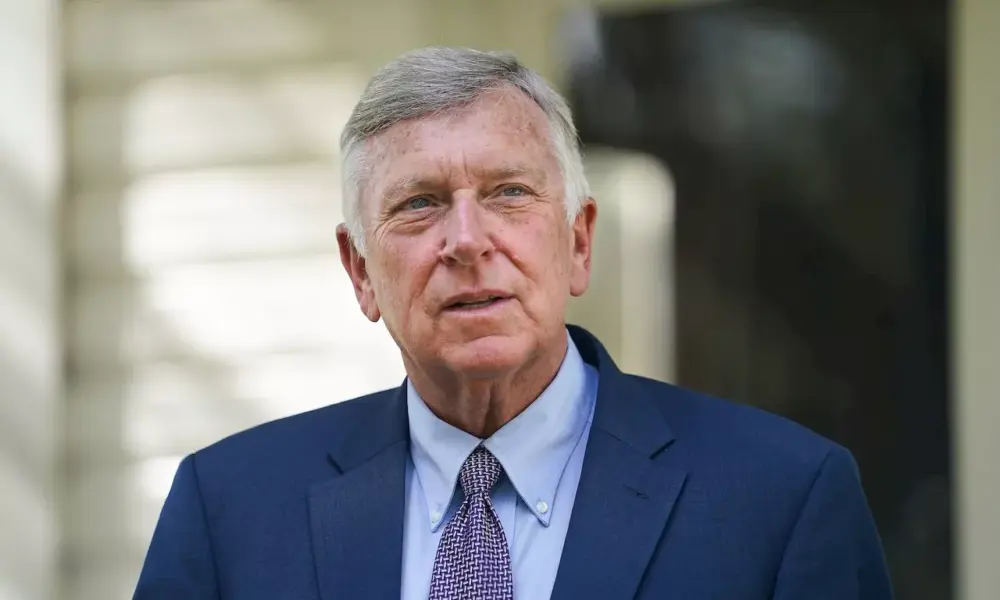The political journey of Eric Adams, New York City’s second Black mayor, has taken a significant turn, raising concerns about the potential fallout for Black American politics. Initially hailed as a beacon of hope, Adams’ administration has faced allegations of corruption and controversial interactions with former President Donald Trump. This situation has sparked discussions about the impact of such missteps on the broader landscape of political representation for Black Americans.
Elected in 2021, Adams began his tenure with high expectations. His platform focused on public safety and economic recovery, resonating with many in a city grappling with the aftermath of the COVID-19 pandemic. As a former police captain, he emphasized law enforcement reforms while advocating for community-based solutions. His ascent symbolized progress in a city with a complex racial history.
However, recent events have cast a shadow over his administration. Allegations of corruption emerged, raising questions about the integrity of his leadership. Critics argue that these issues undermine not only his credibility but also the broader aspirations of Black politicians striving for meaningful representation.
Adams’ political decisions have sometimes involved unexpected alliances, including his overtures to Donald Trump. His public appeals to the former president have been met with mixed reactions. Supporters argue that reaching across the aisle is essential for effective governance, while detractors see it as a compromise that undermines the values of his base.
The consequences of these controversies extend beyond Adams himself. They reflect a larger narrative about the challenges faced by Black politicians in America. The feeling among many advocates is one of lost opportunity, as Adams’ potential to inspire and lead has been overshadowed by these issues.
As New York City navigates these turbulent political waters, the implications of Adams’ actions will likely resonate within the community and beyond. The future of Black American political representation may hinge on how leaders like Adams respond to these challenges and the lessons learned from their experiences.
Looking ahead, the question remains: can Adams reclaim his political narrative and restore faith in his leadership? The answer may determine how history remembers this chapter in New York City’s political landscape.







